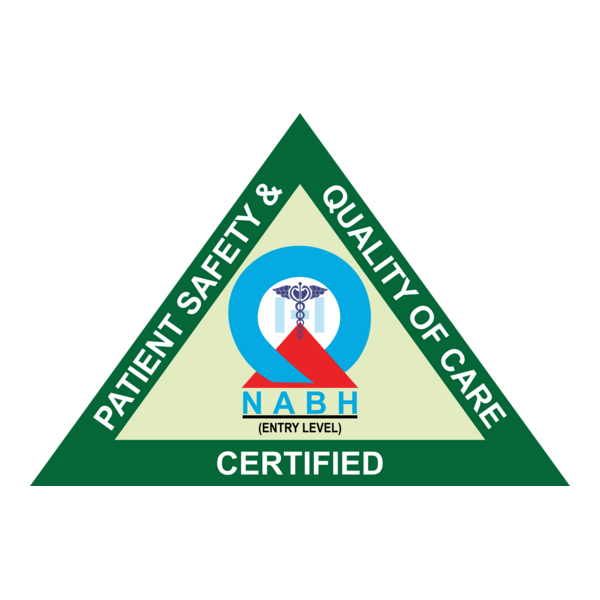Sleep Apnea Treatment
Definition
Sleep apnea treatment involves medical and surgical approaches to manage interrupted breathing during sleep caused by airway obstruction or neurological issues. Timely treatment helps prevent serious health risks such as high blood pressure, heart disease, and daytime fatigue.
Purpose of Sleep Apnea Treatment
To restore normal breathing during sleep
To reduce snoring and improve sleep quality
To prevent complications like heart disease, stroke, or diabetes
To enhance energy, focus, and overall quality of life
Types and Methods of Treatment
Lifestyle & Non-Surgical Management
Weight management and exercise
Avoiding alcohol, smoking, or sedatives
Positional therapy to improve airflow while sleeping
Medical Devices
CPAP (Continuous Positive Airway Pressure) therapy to keep airways open
Oral appliances to reposition the jaw or tongue for better airflow
Surgical Options
Uvulopalatopharyngoplasty (UPPP) for removing excess throat tissue
Nasal or throat surgery to clear blockages
Advanced procedures for severe obstructive cases
Post-Treatment Care
Regular follow-ups to monitor treatment effectiveness
Sleep studies to assess improvement
Ongoing adjustments to CPAP settings or oral devices
Guidance on healthy sleep habits
Benefits of Sleep Apnea Treatment
Restores uninterrupted and restful sleep
Reduces daytime sleepiness, fatigue, and mood swings
Lowers risk of cardiovascular and metabolic diseases
Improves concentration, productivity, and overall well-being


